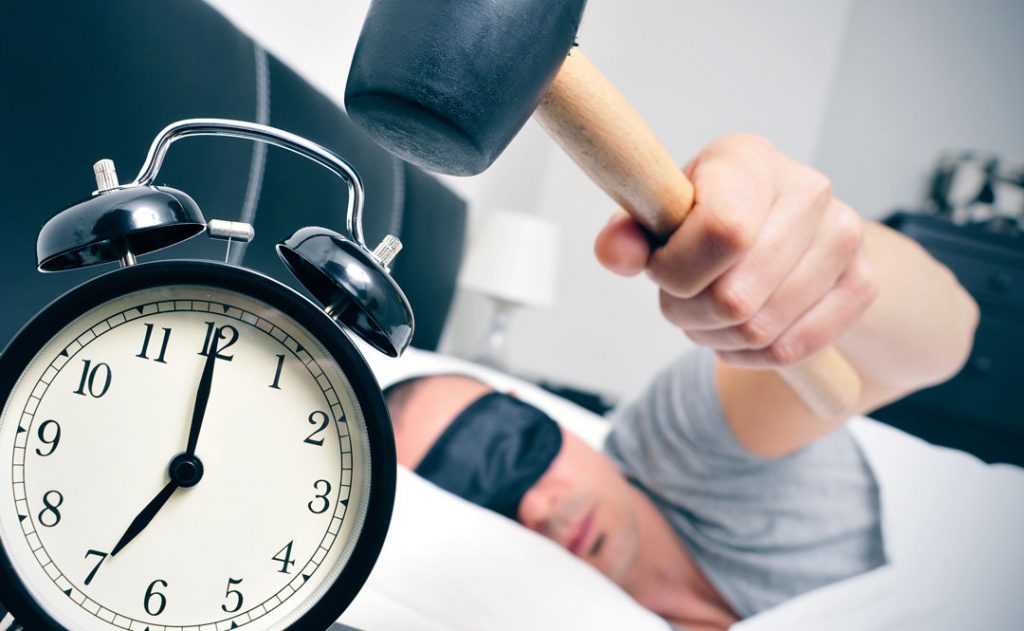
Daylight Saving Time (DST) is in March for most of the US, parts of Canada, and some islands. We are bringing Sleep Awareness due to the major impact that simply losing one hour of sleep can have on our overall health.
Patients who suffer from sleep disorders do not get the proper sleep needed for the body to recover completely during the night. Their constant sleep disruptions may create clogged arteries, irregular heartbeats, high blood pressure, and other serious underlying conditions, all due to the lack of oxygen and the body’s inability to restore itself without proper night’s sleep.
Losing an hour of sleep in the springtime does not help at all.
Over the years, studies indicate DST affects the cardiovascular system and creates an increase of vehicle and work incidents during the first few days of the time change. Patients with prior health conditions such as sleep-related breathing disorders become more vulnerable to these effects, potentially leading to death.
This chaotic impact is not as bad when the time changes in November and we gain an hour of sleep. More sleep, better outcomes!
Effects on the Cardiovascular System
In 2014, a study done by the University of Michigan concluded there was a 24 percent increase in heart attacks the day following the daylight savings time change. Other factors also empowered the probability of a heart attack such as an abrupt change in sleep or maybe being stressed for work the next day. Patients who were more vulnerable and already at risk of having a heart attack before Daylight Saving Time accelerated the probability.
time change. Other factors also empowered the probability of a heart attack such as an abrupt change in sleep or maybe being stressed for work the next day. Patients who were more vulnerable and already at risk of having a heart attack before Daylight Saving Time accelerated the probability.
Another study done by the American Academy of Neurology found an 8 percent higher rate of patients having an ischemic stroke two days after Spring’s DST. There was an accelerated probability of stroke with more vulnerable patients, as well.
Patients who suffer from sleep-related breathing disorders easily fall within these statistics. The lack of oxygen intake during sleep already creates a higher risk of stroke or heart attack. When we take away an hour of sleep from these patients, it can be very dangerous.
Increase in Car and Work Injuries
 DST is also responsible for an uptick in car accidents and incidents at work. Sleep deprivation and the change in your circadian rhythm (internal body clock), largely contribute to these effects. A study in Current Biology shows a 6 percent risk increase of fatal motor vehicle accidents in the morning after the time switch.
DST is also responsible for an uptick in car accidents and incidents at work. Sleep deprivation and the change in your circadian rhythm (internal body clock), largely contribute to these effects. A study in Current Biology shows a 6 percent risk increase of fatal motor vehicle accidents in the morning after the time switch.
Work injuries also went up. Lack of sleep or simply not having a good night’s rest can lead to tiredness, loss of concentration and ultimately lowering our productivity for the day. When an hour of sleep was lost there was a 5.7 percent jump in workplace injuries. Also, 68% more workdays were lost due to more severe injuries caused during this time change.
As you can see, Spring’s DST creates a major impact on our health and in those around us. Taking action is the best way to prevent being part of these statistics. Luckily, these percentages decrease when DST ends in the Fall. Why is this so? We turn our clocks back an hour, meaning we get more sleep.
Even without all this research, you might have felt these effects yourself in previous years. Now is the time to prepare!
Want to know how to prepare for the time change or start treating sleep patients? Contact us at 888-777-3198 or reachus@sleeparchitx.com